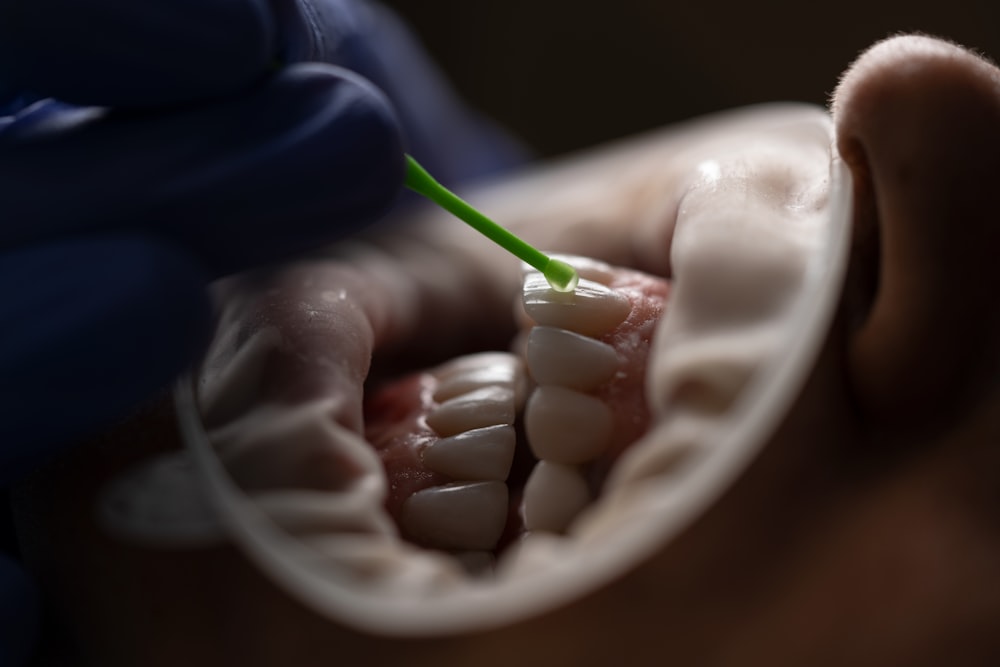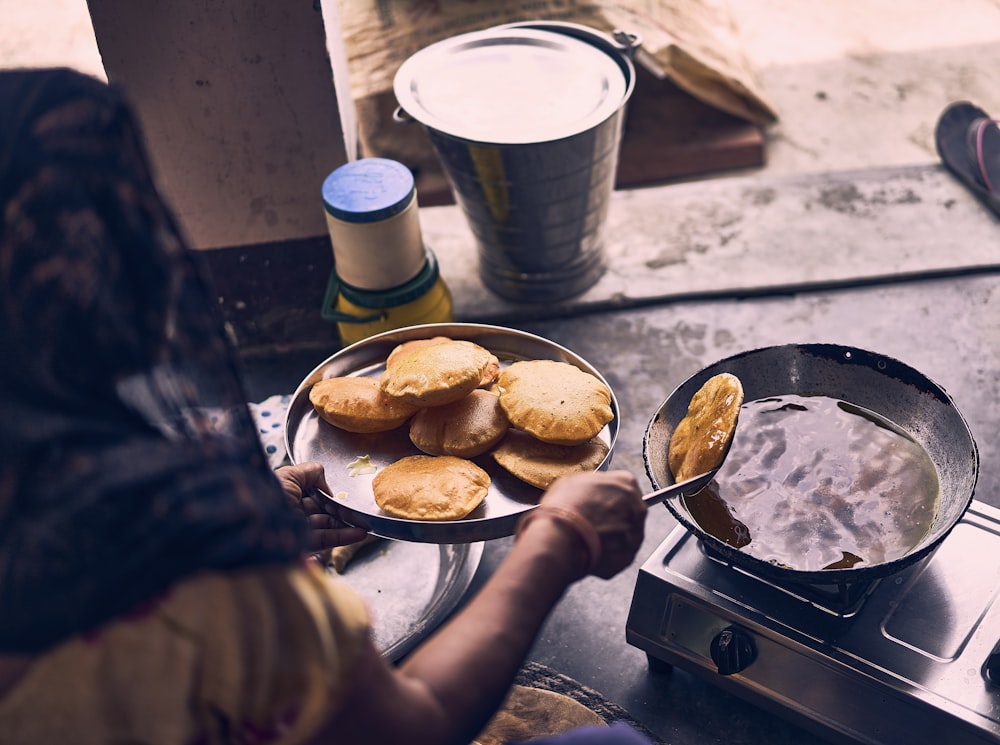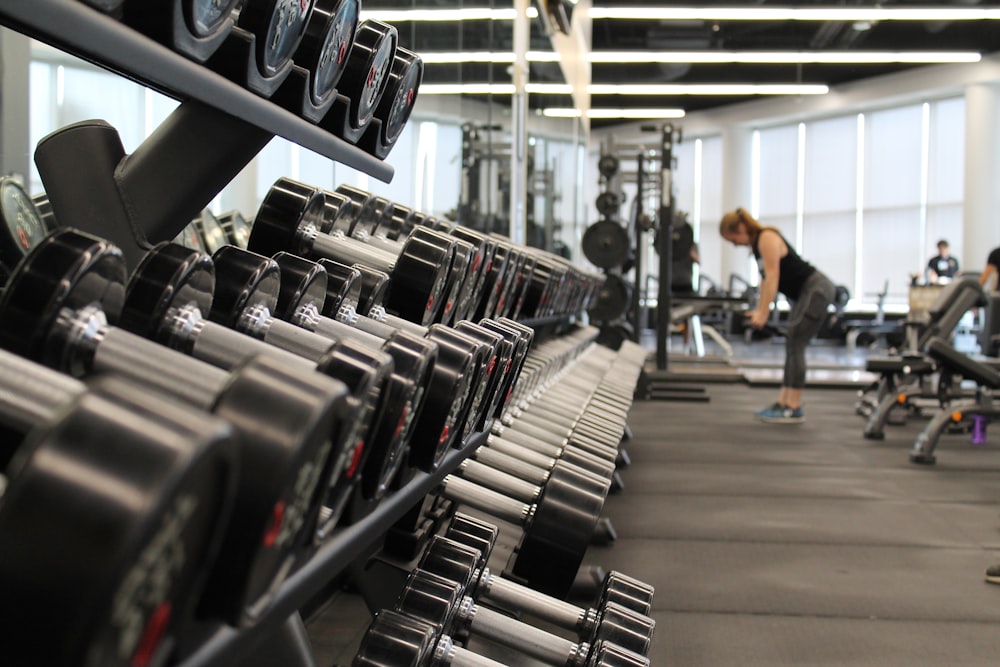
Iron deficiency anemia is a type of anemia that occurs when the body lacks iron. Not only adults and pregnant women, iron deficiency anemia can also occur in children. Iron is one of the components that make up hemoglobin. Lack of iron makes the hemoglobin in red blood cells not function optimally. To be more alert, consider the following reviews of the symptoms of anemia in children along with the causes and ways to overcome iron deficiency anemia in children.
Symptoms of anemia in children
Iron is an important mineral for child growth and development. Iron deficiency in children can lead to iron deficiency anemia which can interfere with the child’s overall health condition. As with adults, iron deficiency anemia in children can also cause symptoms. Some of the common symptoms of anemia in children include:
- Pale
- Gloomy
- Weak
- Tired quickly after activities
- Fast heart rate
- Quick breath
- Cold hands and feet
- Bad appetite
- Nails are easily broken or brittle
- Dizzy
- Delays in growth and development
- Behavioral disorders
- Pica eating disorder, which is craving or putting something non-food into your mouth
- Easy to get infection so often sick
At first, children with anemia may not cause any symptoms. The doctor will perform a number of tests to confirm the diagnosis, including:
- Asking and checking the symptoms of anemia in children
- Asking about the history of the food consumed
- View medical history
- Physical examination
- blood test
Causes of iron deficiency anemia in children
The main cause of iron deficiency anemia in children is iron deficiency. This iron deficiency can be caused or triggered by various things, such as:
- Impaired iron absorption due to certain health conditions, such as celiac disease
- Heavy blood loss due to injury, internal organ bleeding, such as in the gastrointestinal tract or other body parts
- Lack of iron in daily diet
- Infants who do not receive iron supplements
- Babies or children drink too much cow’s milk thereby reducing iron absorption
How to treat iron deficiency anemia in children
Some of the following ways you can discuss with your doctor to help treat and prevent iron deficiency anemia in children, including:
- Take iron supplements. Iron supplements are usually given within 3 months, but make sure you give your child as directed by the doctor.
- Avoid taking iron with milk, tea, or antacids. All three can interfere with iron absorption
- Avoid consuming iron before meals, this may interfere with iron absorption
- Overcoming bleeding or diseases that cause the child to lose a lot of blood, such as excessive menstruation, bleeding in the gastrointestinal tract, or celiac disease
- Avoid drinking excessive milk, milk contains calcium which can interfere with iron absorption
- Eat iron-rich foods, such as meat, poultry, fish, tofu, eggs, nuts
- Consumption of vegetables and fruits rich in vitamin C. Vitamin C can help iron absorption






